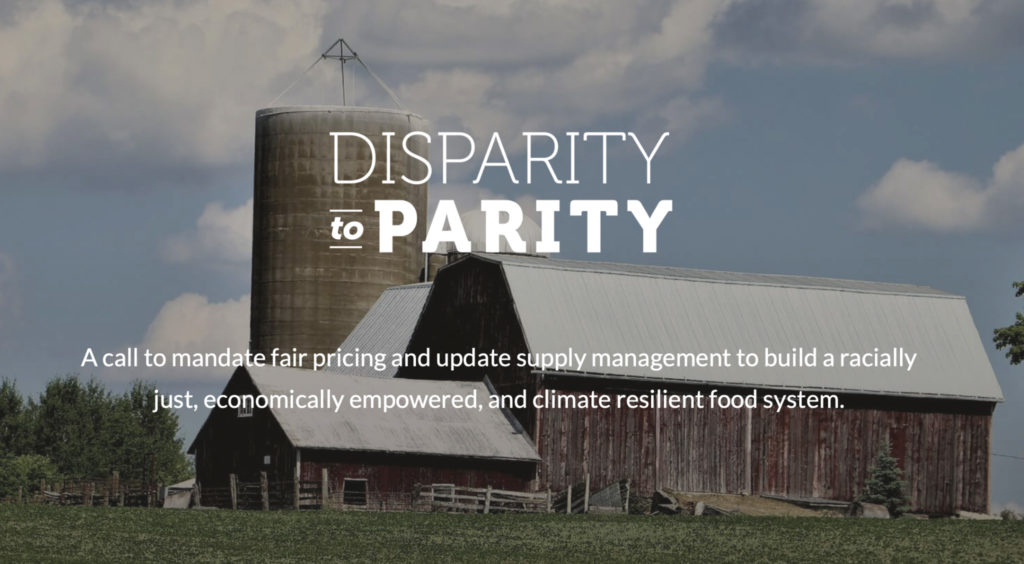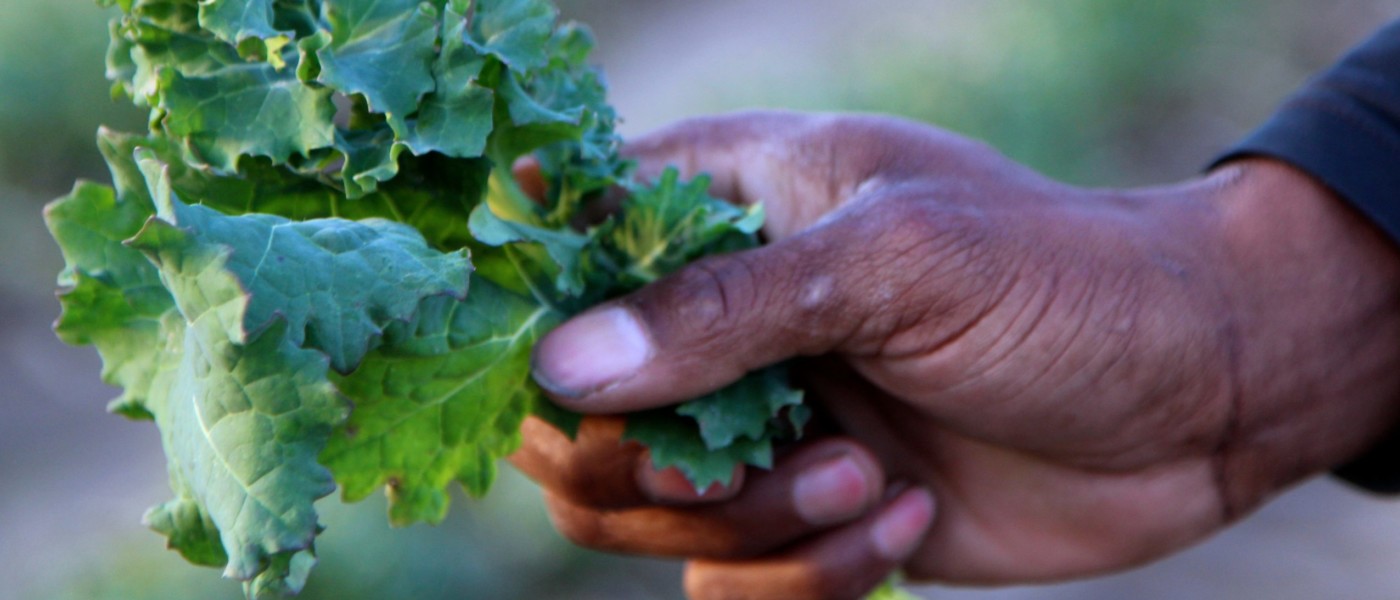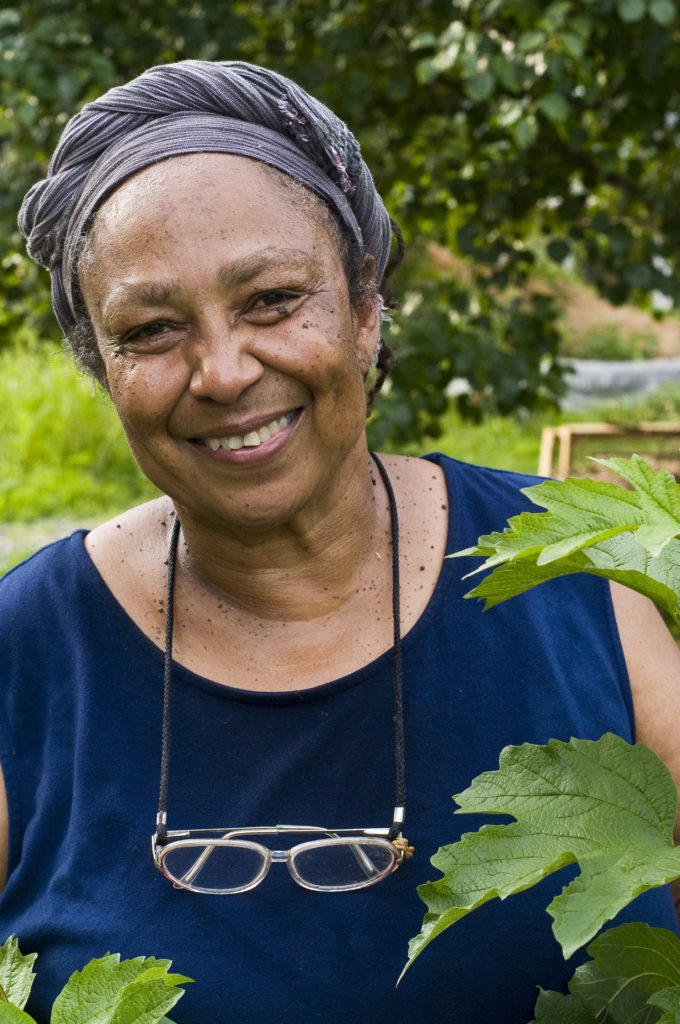In a bipartisan effort, Congress has formally recognized Juneteenth, or June 19th, as a federal holiday. Juneteenth marks the day that the last enslaved community in the United States was read the Emancipation Proclamation, which ended slavery. This reading took place in Galveston, Texas, on June 19th, 1865—more than two and a half years after Abraham Lincoln signed the Emancipation Proclamation on January 1st, 1863. Juneteenth is a day of celebration of the complete emancipation of enslaved people as well as a somber reflection that it took so long for these last enslaved people to receive their freedom.
Today we reflect on the Black, Indigenous and People of Color (BIPOC) farmers who are still waiting to receive agricultural justice.
This past March, Congress passed a relief bill that provides much needed support to people affected by the COVID-19 pandemic, including dedicated funding that strengthens family farmers and ranchers, especially Black, Indigenous and People of Color (BIPOC) farmers. But just as farmer applications for the debt relief program were being completed, a federal judge in Wisconsin blocked the USDA from carrying out the program while he considers a lawsuit brought by white farmers claiming the payments would be unconstitutional racial favoritism. A handful of similar cases have been filed in other states.
The USDA has said it will forcefully defend the debt relief program. “To have a fair shot,” said Secretary of Agriculture Tom Vilsack, “we provided debt relief” to counterbalance decades of bias in USDA programs and to help Black, Hispanic, Native American, Alaska Native, and Asian American farmers cope with the disruptions of the pandemic. Since 1999, in a series of settlements, the USDA has acknowledged discrimination in its farm support programs, which have been well-documented. The resulting statistics around Black land loss and farm ownership tell a clear story.
“Now we are having white farmers stepping up and asking why they’re not included in this program,” said Vilsack. “Well, it’s pretty clear why they’re not included — because they’ve had the access of all the programs for the last 100 years … It’s important, I think, for us to acknowledge the cumulative effect of discrimination, and this is one way that Congress is directing us to do that.”
Farm Aid signed on to this letter with more than 190 organizations in support of debt relief for BIPOC farmers and ranchers and we will keep up our effort to support Black, Indigenous and People of Color farmers and ranchers.
Ira Wallace, Farmer Hero
As you mark Juneteenth, we invite you to read about our Farmer Hero, Ira Wallace of Acorn Community Farm and Southern Exposure Seed Exchange in Virginia. Ira’s work includes a personal and professional interest in adding more seeds from the African Diaspora to the Southern Exposure collection. Her research into collards has revealed that most of the breeding work on this crop was done by enslaved Black people. “I’m looking at varieties that were brought by people of African ancestry, both from the Caribbean and from Africa, and that have planted themselves in the U.S.”
In her search for the history of these seed varieties, Ira finds, “It’s so much easier to find out about European heirlooms because there’s so many more written records.” She explains, “Family heirlooms are one of our specialties, and by just telling the stories of the families that are growing and using these varieties that opens people’s eyes to how much some farmers and farm families have been excluded from the records.”
Read our profile of Ira Wallace here.

Disparity to Parity
We’d like to share a free webinar taking place next week, presented by our partners, National Family Farm Coalition and RAFI-USA. This webinar will discuss the shared struggles of farmers and ranchers, regardless of their race and ethnicity, and the additional challenges that BIPOC farmers have faced, both historically and to this day.
The divisions between rich and poor, rural and urban, BIPOC and White, landed and landless, Main Street and Wall Street look as wide today in the U.S. as they have ever been. To understand the depths, causes and remedies of this situation, a diverse group of farmers, activists and scholars began exploring the notion of parity and supply management together nearly two years ago. That journey has led to an array of essays, videos and conversations on parity, and how the lives of everyone involved in the food system would be changed with true parity and social peace.
Guest speakers include:
- Raj Patel – Research Professor at LBJ School of Public Affairs, University of Texas-Austin, facilitating the discussion
- Brenda Cochran – Dairy farmer, American Raw Milk Producers Pricing Association and Farm Women United representative (PA)
- Ben Burkett – Diversified farmer, Indian Springs Farmers Association director, and Federation of Southern Cooperatives/Land Assistance Fund representative
- Brad Wilson – Iowa farmer and farm justice historian, Zcomm.org
- Bill Winders – Professor of History, Ivan College of Liberal Arts, Georgia Institute of Technology
Click here for some helpful insights into the discussion beforehand.
Click here to reserve your place in the webinar today.
These Gardens Are Blueprints
Finally, we’d like to share a beautiful piece of spoken poetry. In “These Gardens Are Blueprints,” Naima Penniman (Program Director at Soul Fire Farm) powerfully celebrates Black and Brown farmers growing food for their communities. Naima boldly repeats, “Every seed saved will set us free!” Soul Fire Farm is an Afro-Indigenous centered community farm committed to uprooting racism and seeding sovereignty in the food system.




